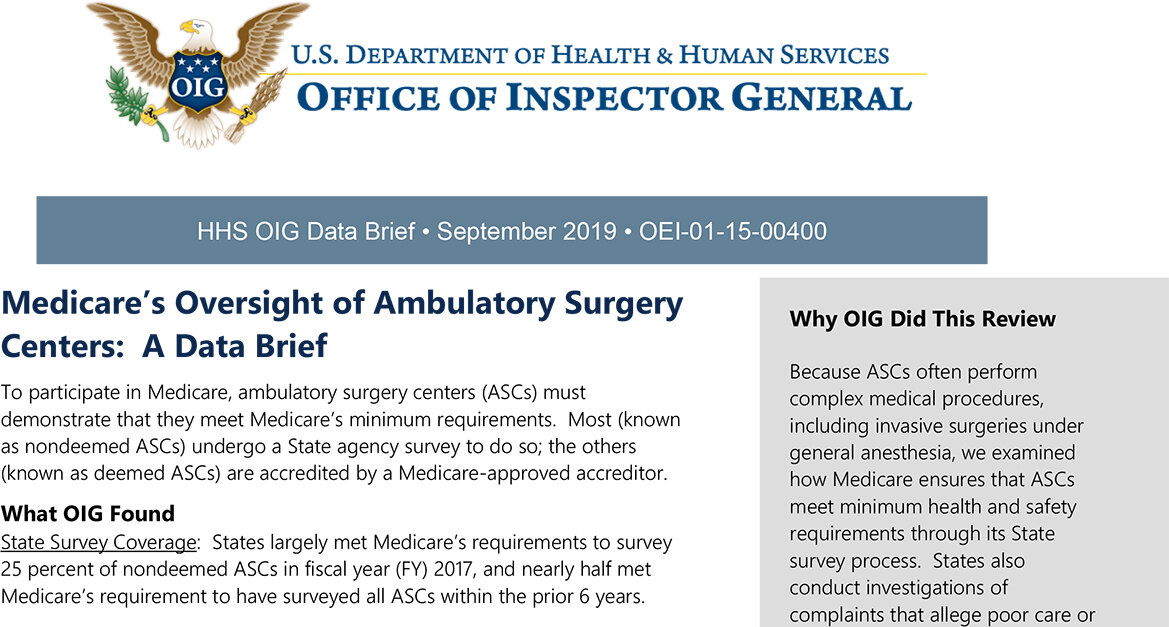The Centers for Medicare & Medicaid Services (CMS) has finalized a rule that includes a requirement for hospitals and critical access hospitals (CAHs) to establish and maintain antibiotic stewardship programs.
As CMS notes in a fact sheet about the new CMS conditions of participation rule, "By requiring that hospitals have antibiotic stewardship programs that are not only active and hospital-wide, but also demonstrate adherence to nationally recognized guidelines for the optimization of antibiotic use through stewardship, the changes are aimed at effectively reducing the development and transmission of healthcare-associated infections and antibiotic-resistant organisms that ultimately will greatly improve the care and safety of patients while adding cost benefits for hospitals."
The rule also mandates hospitals and CAHs to have infection prevention and control programs.
As the Center for Infectious Disease Research and Policy (CIDRAP) notes, CMS advises hospitals to follow guidance on implementing antibiotic stewardship and infection prevention and control programs from nationally recognized sources (e.g., Centers for Disease Control and Prevention (CDC), Infectious Diseases Society of America (IDSA), Society for Healthcare Epidemiology of America (SHEA)). The programs must be implemented six months from September 30, 2019 — the date the finalized policy was published in the Federal Register.
For most hospitals, the requirements are not likely to have much of an impact. Infection Control Consulting Services (ICCS) consultants have yet to work with a Joint Commission-accredited hospital lacking antibiotic stewardship and infection prevention and control programs. For several years, hospitals have generally taken a proactive position concerning such programs because of accreditation requirements (e.g., Joint Commission added an antimicrobial stewardship standard in 2017) and the likelihood of CMS mandating these programs. However, as ICCS consultants have observed, properly instituting such programs often proves difficult, leading many to seek out professional assistance for the development of antibiotic stewardship programs and the development of infection prevention and control plans.






